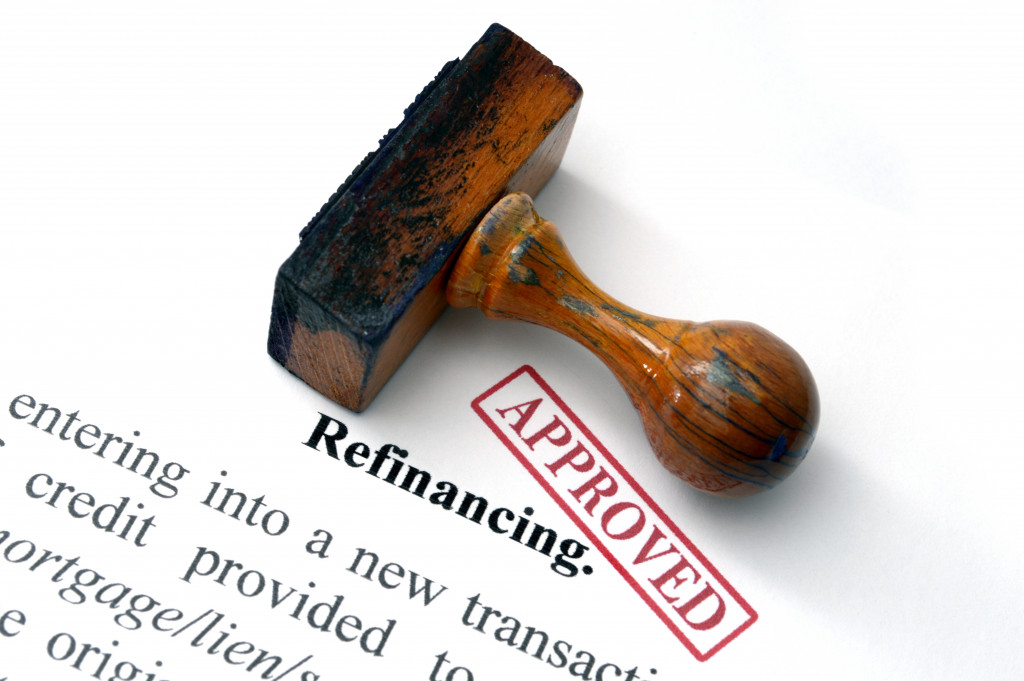
- Homeowners need to be aware of legal matters such as property taxes, homeowners’ insurance, zoning laws, and homeowner association rules.
- Property taxes are based on the assessed value of the home, and certain deductions may be available.
- Homeowners’ insurance is an essential protection for a home, and an experienced attorney can assist with insurance claims.
- Zoning laws need to be understood in order to avoid any legal issues and fines.
- Homeowner Associations have specific rules that need to be followed, such as property maintenance and noise restrictions.
One of the most significant investments a person can make is owning a house. It is not just a place to live but a representation of the dream and security that comes with it. However, owning a home also means dealing with particular legal responsibilities and issues. To protect your investment and make informed decisions, knowing about the legal matters concerning homeownership is essential. Here’s a list of critical legal matters every homeowner needs to know.
Property Taxes
As a homeowner, you are responsible for paying property taxes annually. Property taxes allow local governments to generate revenue for public services like schools, police, fire departments, and hospitals.
The amount of property tax you need to pay is based on the assessed value of your home. In some jurisdictions, you may be liable to penalties and interest for not paying your property tax on time, so staying on top of your payments is crucial.
You should also be knowledgeable about certain task deductions that may be available to you. Here are a few of the most common tax deductions you might be entitled to:
Mortgage interest payments
Mortgage interest payments are tax-deductible up to a specific limit. This means that you can reduce your overall tax liability by deducting the interest you paid on mortgage payments from your taxable income.
Property taxes
Property taxes are also tax-deductible. You can deduct the amount of property tax you paid from your taxable income, which will help reduce the amount of tax you owe.
Insurance premiums
If you have homeowners insurance, you may be able to deduct some or all of the premiums that you pay on your policy. This deduction varies depending on the type and amount of coverage that you have.
Home improvements
In some cases, you may be able to deduct any home improvement costs from your taxable income. This deduction is only applicable if the improvements are made for medical or safety reasons and must meet specific criteria.
By knowing the different tax deductions you may be eligible for, you can maximize your savings by reducing your overall tax liability.
Homeowners’ Insurance

Homeowners’ insurance is vital to protect your investment from any unexpected damage caused by disasters such as fire, theft, or natural calamities. It’s essential to read your policy carefully and understand what it covers. Moreover, it is advisable to review your policy from time to time to make any necessary updates or changes in coverage.
Additionally, you might want to have an experienced insurance attorney on retainer to help explain the details of your policy and make sure it is up-to-date. An insurance attorney will also be able to help you with insurance claims in case of a disaster. They’ll make sure that you get the coverage you’re entitled to in order to replace or repair the damage your home might have taken.
Zoning Laws
Zoning laws regulate how property can be used in specific areas. They are designed to promote safety, property value, and general welfare in a community. For instance, zoning laws determine what type of businesses can operate in residential areas, the size, and the height of buildings, among other things. It is crucial to stay updated on zoning regulations in your area to avoid any legal fines or penalties.
Homeowner Association Rules
If you live in a neighborhood with a homeowner association (HOA), you are bound to follow specific rules and regulations, such as property maintenance, noise restrictions, and parking regulations, among others. Most HOAs charge fees or assessments to cover common area maintenance and community amenities. Reading and understanding these rules is essential before purchasing a home in an HOA community.
Refinancing

Refinancing your mortgage can be a wise financial decision if you get a lower interest rate or reduce your payment term. However, refinancing involves scrutiny of legal procedures, such as title searches and closing the deal. It is essential to consult experts such as real estate agents, mortgage brokers, or attorneys to help you navigate the process and ensure you understand all the legal aspects involved.
Owning a home is an exciting and fulfilling experience, but it also comes with many legal responsibilities. Homeowners must understand the critical legal matters related to their property, such as taxes, insurance, zoning laws, HOA rules, and refinancing.
Knowing these details can help you make informed decisions about your investment and protect it from unexpected damage or losses. By staying up-to-date on these topics, you can ensure that owning a home remains a dream come true!
